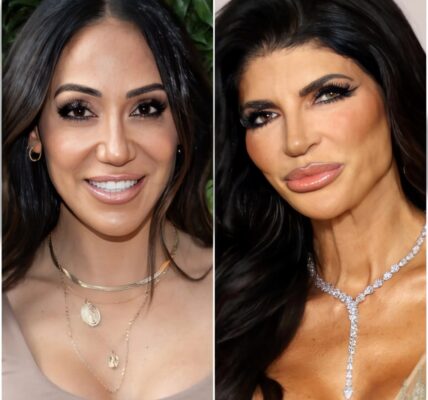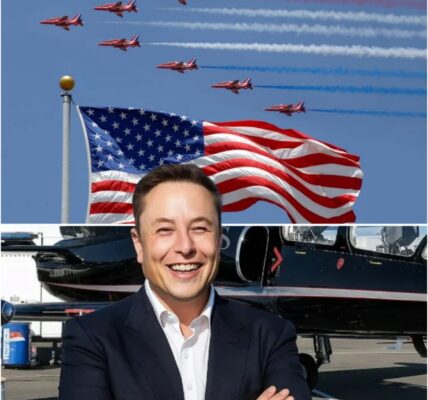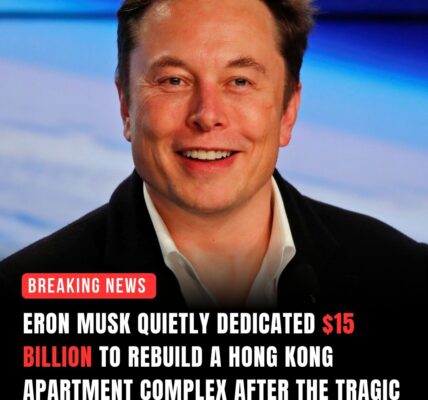Elon Musk Amplifies “Cancel Netflix” Campaign Over Trans Content and Charlie Kirk Controversy
Silicon Valley, CA — Tesla CEO and X owner Elon Musk once again waded into cultural controversy on Wednesday, becoming the most prominent voice to demand a boycott of Netflix after the streaming giant’s diversity commitments and a resurfaced post from an animated series director touched off a storm of anger among conservative circles.
The billionaire tech mogul’s repeated posts calling on users to “Cancel Netflix” have escalated what was previously a niche social media campaign into a national debate about culture, content, and corporate responsibility.

Musk’s “Cancel Netflix” Rallying Cry
Musk fired the first shot in a Wednesday afternoon post on his platform X (formerly Twitter), amplifying a post by the account Libs of TikTok, a right-wing social media page with millions of followers. The post contained screenshots of Netflix’s diversity report, highlighting that the company had significantly increased its percentage of non-white directors and lead actors.
“Cancel Netflix,” Musk wrote bluntly, echoing the sentiment that the company’s commitment to diversity had crossed from representation into political agenda-setting.
The post came less than 24 hours after Musk responded to another user who claimed they were canceling Netflix over its alleged promotion of “pro-trans content” and for continuing to employ Hamish Steele, the British director of the canceled animated series Dead End: Paranormal Park. Musk replied simply: “Same.”
The Hamish Steele Controversy
At the center of the uproar is Steele, whose Netflix show was canceled in January 2023. Clips of the show have circulated widely in conservative circles over the last week, particularly among those claiming it “pushed transgender ideology on children.”
Adding to the firestorm, screenshots of an alleged past post from Steele began circulating online, in which the director appeared to criticize U.K. Prime Minister Keir Starmer’s condolence message following the death of conservative activist Charlie Kirk.
The purported post read: “Why the f— are you even commenting on this, d—head…a random nazi gets shot and it’s a public statement.”
Although Steele has not confirmed writing the post, the quote was quickly amplified by Libs of TikTok and other right-leaning accounts. Musk then reshared the claim, adding his own disapproval: “This is not ok.”
Shortly afterward, Musk escalated his criticism, suggesting Netflix was intentionally promoting “a transgender woke agenda” and urged: “Cancel Netflix for the health of your kids.”
Netflix Stock Reacts Amid Pressure
The market reaction was immediate, albeit modest. Netflix shares dipped by 2.2% on Wednesday afternoon, closing at $1,173.12. While the decline reflected broader tech-sector volatility, analysts noted that Musk’s massive influence on social media — and among retail investors — could pose risks to Netflix if the boycott push gains real traction.
Historically, celebrity-led boycotts of streaming platforms have been short-lived, but Musk’s unique position as both a cultural lightning rod and the owner of a global communication platform has given this campaign unusual reach.
Steele Responds: “Lies and Slander”
Steele himself responded to the growing controversy in several posts on Bluesky, a rival social platform. The animator denied celebrating Kirk’s death and pushed back on claims that Netflix was actively promoting his work.
“It’s all lies and slander! Netflix is NOT promoting [the show] at the moment!” Steele wrote. In another message, he admitted the controversy was beginning to take a toll:
“I have mostly been very ok today and found it all quite funny, while really appreciating everyone who has reached out. But the extremely nasty weird [homophobic] and antisemitic emails have started rolling in and it is getting a little scary, so I apologise if I take longer to respond to stuff.”
Steele also noted that his Instagram comment section was flooded with people accusing him of “celebrating” Kirk’s death, which he flatly denied: “My Instagram comments are now flooded with replies saying I AM CHARLIE KIRK and that I celebrated his death (which I never did).”
Broader Cultural Tensions
Musk’s involvement has shifted what might have been a limited controversy into a broader conversation about corporate values, freedom of expression, and the influence of high-profile executives on cultural issues.
For supporters, Musk’s posts signal a much-needed pushback against what they view as corporate overreach into political and social messaging. His critics, however, accuse him of stoking division and targeting LGBTQ communities under the guise of “protecting kids.”
“Every time Musk intervenes in these cultural flashpoints, he validates fringe narratives and pushes them into the mainstream,” said Dr. Lisa Hammond, a professor of media and culture at UCLA. “The result is that a small controversy becomes a national spectacle overnight.”

Netflix’s Silence
As of late Wednesday, Netflix has not issued an official statement regarding Musk’s boycott calls or the resurfaced Steele comments. The company has previously defended its diversity goals as critical to its mission of representing a global audience, pointing out that non-English content like Squid Game and Money Heist have become global sensations.
Yet the silence may prove difficult to maintain. With Musk leveraging his platform to amplify calls for cancellation and conservative activists framing the debate around children and family values, Netflix finds itself under growing pressure.
What’s Next?
While it remains unclear how long the “Cancel Netflix”
will last, the incident once again highlights Musk’s ability to shape national conversations well beyond his own companies.
Supporters of Charlie Kirk, who was honored this week in a memorial service at State Farm Stadium, continue to circulate the alleged Steele post as evidence of Netflix’s “anti-conservative bias.” Meanwhile, LGBTQ advocates warn that Musk’s campaign risks fueling online harassment of creators and communities already under attack.
For Musk, the campaign underscores his evolution from entrepreneur to cultural combatant. Whether this boycott fizzles out or sparks a measurable dent in Netflix subscriptions, one fact is clear: the battle over entertainment, identity, and influence is only growing louder — and Elon Musk is determined to be at the center of it.




